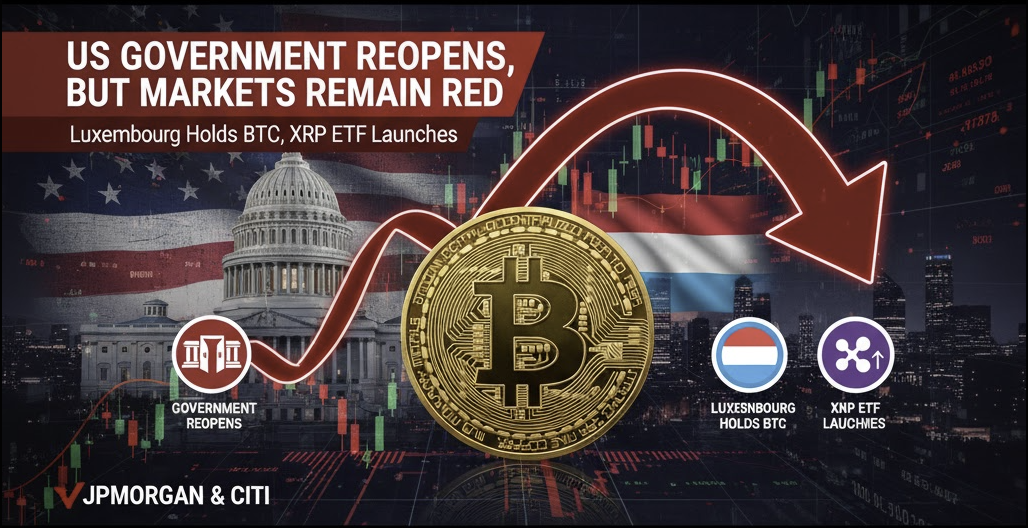Bitcoin maintains its high price levels, and recently, several whale wallets have shown renewed activity. Despite a less-than-ideal CPI report, its impact on the market remains limited, and key crypto bills faced a procedural setback in the US House.
Market Overview
US equities saw mixed performance on Tuesday, July 15th, with the Dow Jones and S&P 500 declining, while the Nasdaq gained a slight 0.18%. Stock futures dropped across all three indices by 0.17%. Oil prices increased to $66.89 per barrel. Gold held at $3337 per ounce.
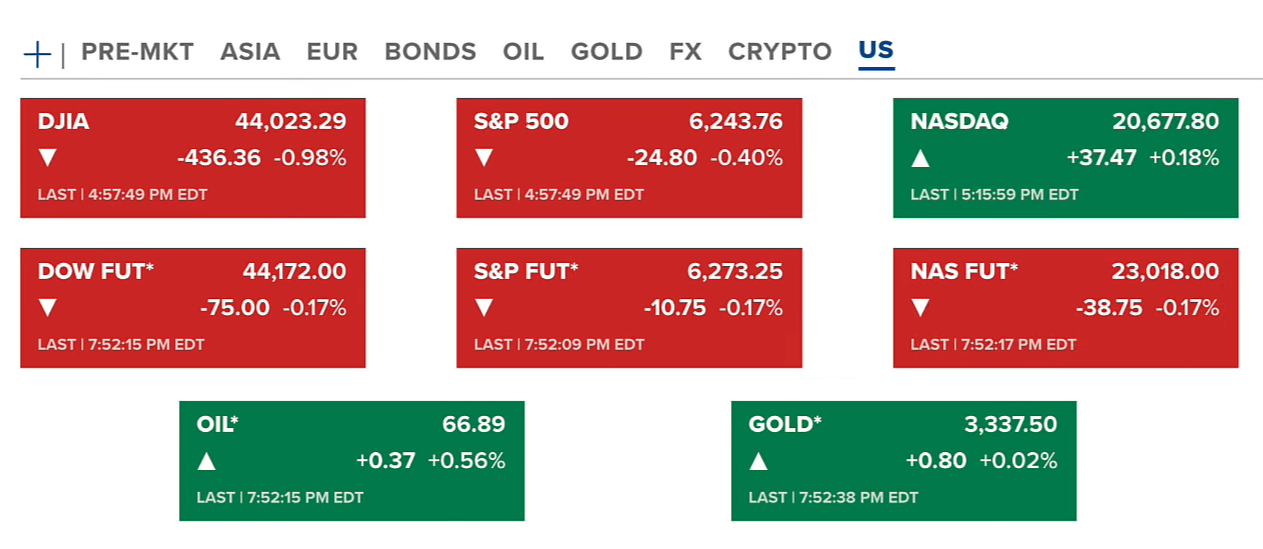
Bitcoin saw a slight increase to $117,000, despite the CPI report and the procedural vote for crypto bills not passing. Most major altcoins remained relatively stable or saw minor gains. The overall crypto market capitalization reached $3.799 trillion.

US Bitcoin spot ETFs saw inflows of $403 million on Tuesday. ETH spot ETFs also continued to attract healthy inflows with $192 million. The SOL ETF received $3.3 million in inflows, indicating continued interest across various digital asset ETFs.
A Bitcoin whale from the Satoshi era, holding 80,000 BTC since 2011, recently transferred 18,643 BTC (equivalent to approximately $2 billion) to Galaxy Digital. Galaxy Digital specializes in cryptocurrency trading, particularly for institutional clients. Although this is a substantial amount, the demand for BTC on OTC (over-the-counter) desks is also very large, and this transfer did not significantly affect the price, indicating ample institutional liquidity absorbing large movements.
CPI Report Released, Trump Renews Pressure on Fed for Rate Cuts
The US Consumer Price Index (CPI) for this month came in at 2.7%, meeting forecasts and slightly up from the previous period's 2.4%. Core CPI, which excludes food and energy prices, registered at 2.9%, slightly below expectations of 3.0%, but still higher than the previous period's 2.8%. Looking at the details, most commodity groups saw slight increases, which will make it difficult for the Federal Reserve (Fed) to adjust its monetary policy. The CME FedWatch Tool indicates that the market's expectation for a Fed rate cut in July is even lower, with a higher probability leaning towards maintaining interest rates.
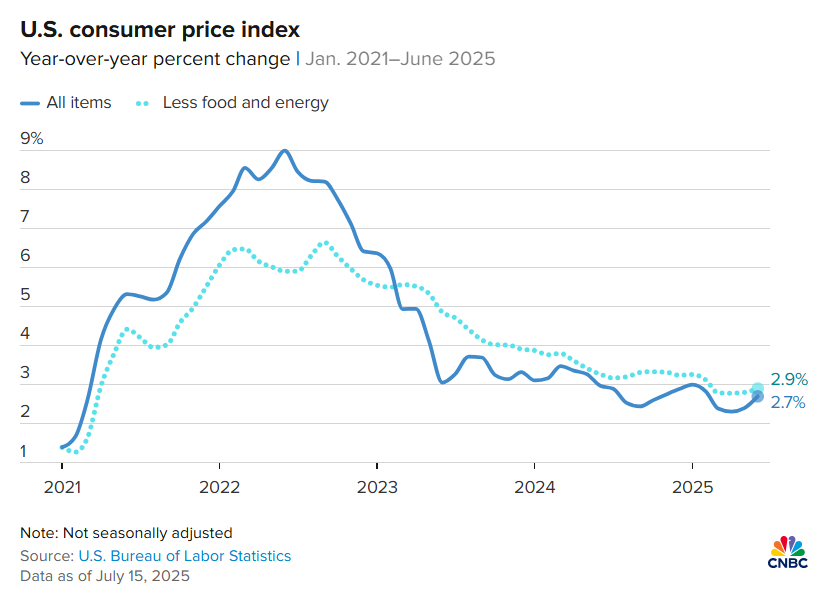
Treasury Secretary Scott Bessent, in an interview with Bloomberg, stated that too much emphasis should not be placed on a single CPI report; the overall trend is more important, and currently, inflation is not accelerating.
President Trump will not fire Powell, but the Fed has made incorrect forecasts in the past and may continue to do so. The process of selecting Powell's successor has begun, with many qualified candidates both inside and outside the Fed, and the timing of the appointment will depend on President Trump's decision. Meanwhile, President Trump continues to call for the Fed to cut interest rates by 3 percentage points (3%). He argues that inflation is very low, and such a move could save up to $1 trillion annually. This continued pressure from the White House highlights the political battle over monetary policy.
US Crypto Bills Face Procedural Setback in House
The US House of Representatives recently failed to pass a procedural vote to advance debate on three key crypto bills: the stablecoin bill (Genius Act), the market infrastructure bill (Clarity Act), and the Anti-Central Bank Digital Currency (anti-CBDC) bill. The vote resulted in 196 in favor and 223 against—with 13 Republican representatives voting against due to concerns that the current bill might inadvertently pave the way for CBDCs.
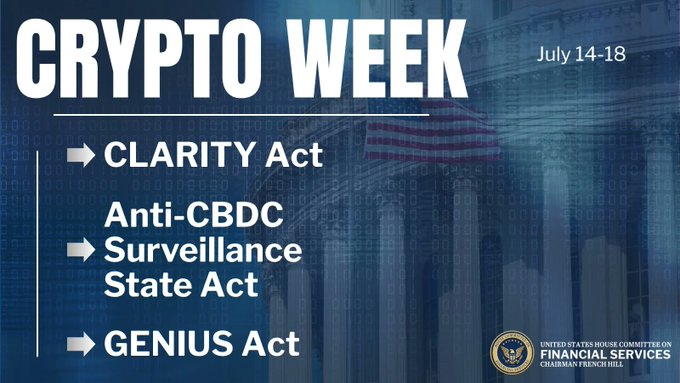
The failure to pass this procedural vote does not mean the bills are rejected entirely, but rather that the debate and voting process will be delayed. Some representatives prefer to combine all three bills into a single package rather than addressing them separately, aiming to increase the chances of passing the anti-CBDC provisions. A re-vote is expected tomorrow or later this week. This is a significant stumble in "Crypto Week," but not the end of legislative efforts related to crypto in the US.
The primary reason for the opposition is concern that certain provisions in the stablecoin bill could indirectly create a legal pathway for the deployment of CBDCs, which many representatives oppose, believing it would serve as a tool for financial control over citizens and grant more power to the Federal Reserve. Representative Anna Paulina Luna stated on X that she could not support any proposal that creates a "backdoor" for CBDCs, even while supporting other parts of the bill. Additionally, a group of representatives from the GOP Freedom Caucus also opposed separating the anti-CBDC bill from the other two. They argue that if combined, the political protection and chance of passage would be higher. Combining multiple bills into a single package is a common strategy in the US Congress to increase the likelihood of passing controversial content by bundling it with widely supported provisions, saving debate time and avoiding delays.
Following this news, shares of Circle—the company associated with the USDC stablecoin—dropped 4.58%. However, Circle's stock had seen a significant rally prior to this after its IPO and is currently undergoing a correction. Despite the procedural vote failure, this is not the end. House leadership is seeking new consensus and may hold another vote tomorrow or this week. The expectation remains that the bills, especially the stablecoin legislation, will be reintroduced and passed in the near future, indicating a continued push for regulatory clarity in the crypto space.
Bitcoin's Growing Stability with Regulatory Clarity
Deutsche Bank notes that Bitcoin's volatility is decreasing as its adoption rate increases and the regulatory framework becomes clearer. This reduced volatility indicates that the Bitcoin market is maturing and becoming more stable.
Bitcoin's price has increased by nearly 75% since mid-November, following the US elections. As the regulatory framework becomes clearer and institutional investment increases, Bitcoin is becoming more attractive to long-term investors. Greater stability could help Bitcoin become a mainstream asset with deeper market liquidity, further integrating it into the global financial system.
Optimistic BTC Price Predictions
Investment bank TD Cowen recently published its Bitcoin price forecast for the end of 2025, outlining three different scenarios:
- Optimistic scenario: $155,000
- Base scenario: $128,000
- Negative scenario: $55,000
Concurrently, TD Cowen also raised its price target for Strategy (MicroStrategy) stock from $590 to $680, reflecting confidence in the long-term growth momentum of the market.
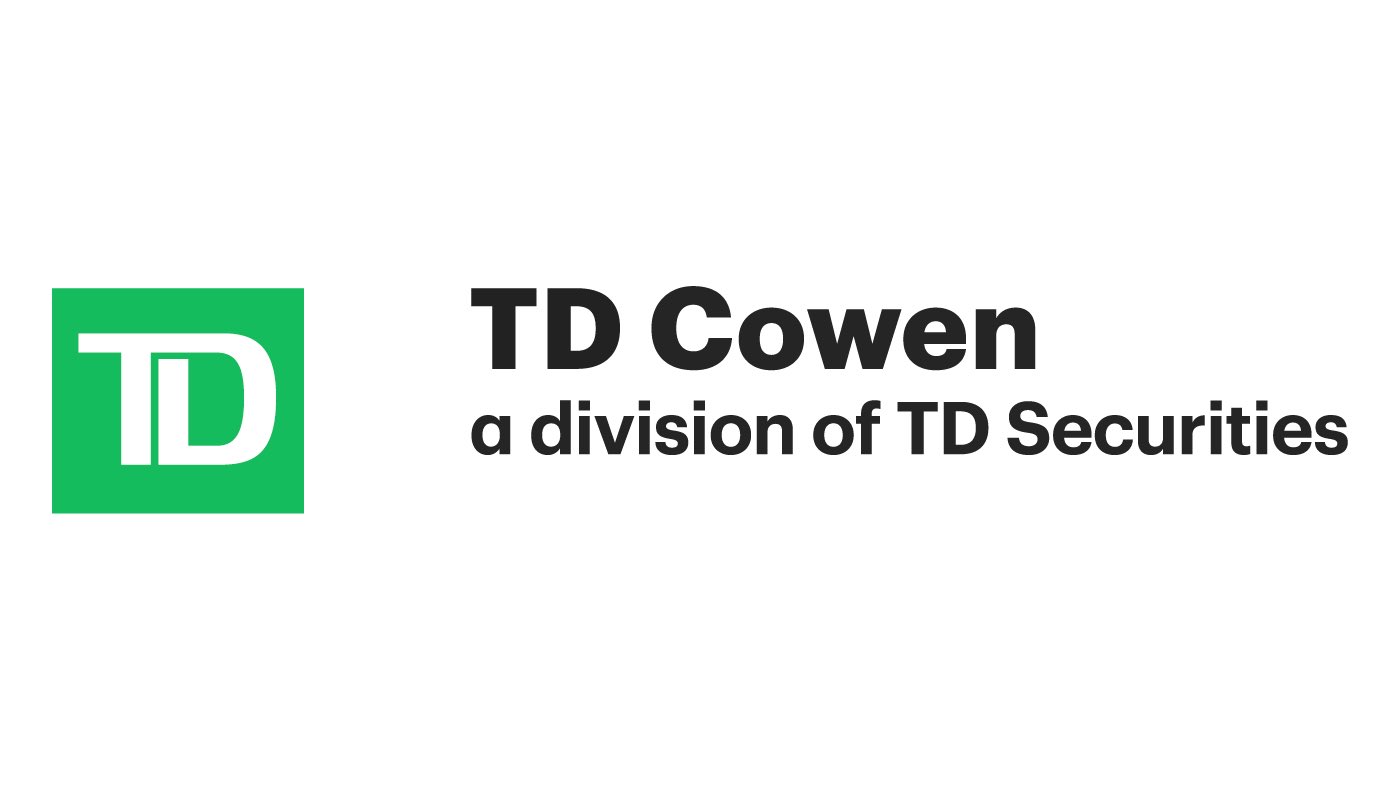
Meanwhile, appearing on CNBC, financial expert Steve Grasso suggested that Bitcoin could realistically reach $200,000 this year and fluctuate between $250,000–$500,000 in the long term. He believes that the era of 80% price crashes every cycle may be over, thanks to more stable demand and increasing recognition from large institutions.
Grasso also emphasized that the US regulatory environment is becoming more crypto-friendly, particularly with the introduction of bills like Genius and Clarity, which contribute to industry transparency. Classifying crypto as a commodity rather than a security is expected to significantly expand its development potential. While adoption rates remain modest—around 2% for businesses and 3% for central banks—this trend is accelerating rapidly. With Bitcoin's current market capitalization of approximately $2 trillion, compared to gold's $20 trillion, Grasso believes there is still enormous room for Bitcoin to expand its market share.
Other Key Crypto Updates
California has launched the California Breakthrough Project aimed at government reform, with participation from leaders at Ripple, Coinbase, Tesla, and numerous tech companies. The project focuses on cutting red tape and applying AI and new technologies. The first meeting took place at Ripple's headquarters. Although not directly mentioned, the presence of Ripple and Coinbase suggests the potential for applying blockchain or crypto in public services.
Standard Chartered has become the first major bank to offer Bitcoin and Ethereum trading services to institutional clients in the UK. This marks a significant milestone for mainstream adoption of digital assets in traditional finance.
NFL star Odell Beckham Jr. expressed satisfaction with his decision to receive his entire $4.25 million salary in Bitcoin starting in 2021. Although BTC sharply declined after the FTX collapse, the price has since recovered, allowing Beckham to benefit. He is not alone; many other athletes have also chosen to receive their salaries in Bitcoin, highlighting a growing trend among public figures embracing cryptocurrency.
Sources
- Bloomberg
- CoinDesk
- U.S. Treasury
- TradingView
- Reuters
- SEC
- White House Press Office
- CryptoQuant
- Glassnode
- Office of the Comptroller of the Currency (OCC)
- Federal Reserve (Fed)
- Federal Deposit Insurance Corporation (FDIC)
- CME FedWatch Tool
- Representative Anna Paulina Luna (X/Twitter)
- Deutsche Bank Research
- TD Cowen
- CNBC (Steve Grasso)
- California Breakthrough Project
- Standard Chartered Bank
Disclaimer
This article is for informational purposes only and should not be considered financial advice. Please do your own research before making investment decisions.

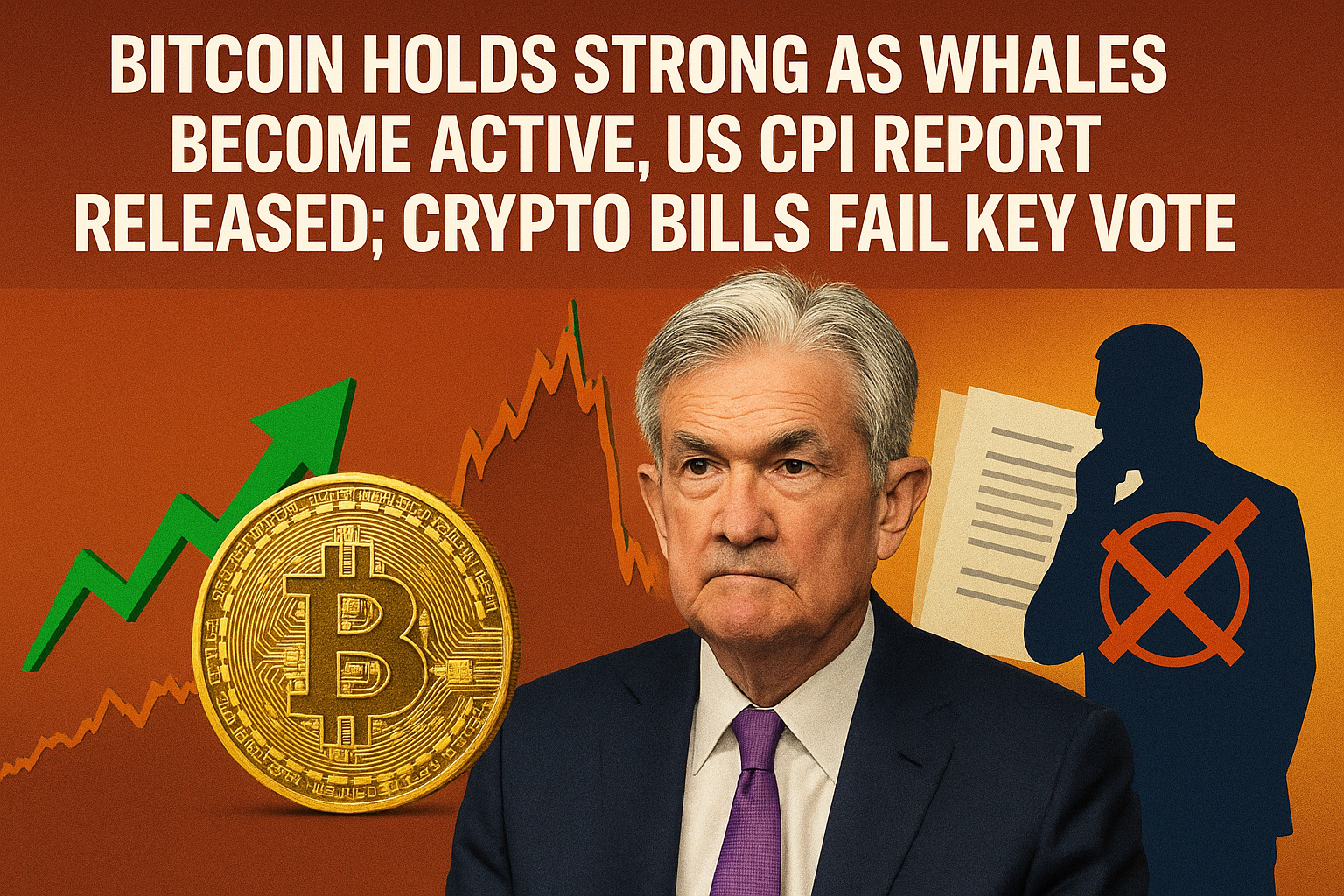
.png)




